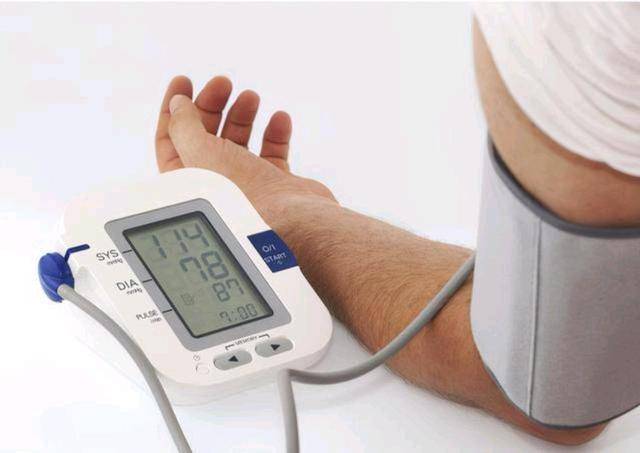Due to some unhealthy lifestyle habits and the natural decrease in vascular elasticity with age, many people develop high blood pressure. High blood pressure is a chronic condition that can cause concern because once elevated, it poses a threat to overall health. Symptoms such as dizziness, headaches, and blurred vision are common, and in severe cases can lead to conditions like strokes and heart attacks.
It is often said that high blood pressure is related to dietary choices, with some claiming that individuals with high blood pressure should avoid eating fish. However, fish is rich in protein, low in fat, and contains unsaturated fatty acids that can lower cholesterol levels and effectively regulate blood pressure.
Furthermore, fish also contain magnesium ions, which contribute to maintaining vascular health, boosting immunity, regulating blood pressure, and preventing complications associated with high blood pressure.
It is important to note that when consuming fish to manage blood pressure, it is advisable to opt for freshwater fish over deep-sea varieties. Deep-sea fish tend to have high sodium content, leading to increased salt intake that can accelerate blood pressure elevation. Therefore, individuals with high blood pressure should focus on consuming freshwater fish, while limiting intake of deep-sea fish, salted fish, and other preserved fish products.
Individuals with high blood pressure should avoid two types of food:
1. Tarragon Vegetables
Tarragon vegetables naturally contain high levels of sodium, and when cooked, some individuals add excessive salt for seasoning. Frying tarragon vegetables or adding salt intensifies sodium consumption, which is detrimental to blood pressure stability and can trigger hypertension.
2. Barbecue
Although barbecue gatherings are popular for social events, excessive consumption can lead to elevated blood pressure. Barbecued food is marinated in salt and various seasoning ingredients, then cooked at high temperatures, increasing fat and cholesterol levels in the food. This can stimulate blood vessels, reduce elasticity, and raise blood pressure levels, which is detrimental to overall health.
To maintain healthy blood pressure levels, individuals can take two actions:
1. Consume More Nuts
Nuts are rich in nutrients, containing beneficial unsaturated fatty acids that stabilize blood pressure and promote overall health. However, due to the high fat content in nuts, moderation is key to prevent blood pressure spikes. Opt for plain nuts over flavored varieties when incorporating them into your diet.
2. Stay Hydrated
Dehydration reduces vascular elasticity, thickens blood, and elevates blood pressure. Therefore, establishing a habit of staying hydrated by consuming at least 2000ml of water daily is crucial for preventing high blood pressure. Additionally, adding ingredients known to lower blood pressure, such as green chiretta leaves, great burdock roots, corn silk, garden balsam, kudzu roots, cassie seeds, orange peel, hawthorn, mulberry leaves, lotus leaves, and barley, can further support blood pressure management when infused in hot water and consumed regularly.
By incorporating these dietary and hydration recommendations into your routine, you can aid in restoring vascular elasticity and gradually lower blood pressure levels. Remember, the images used are from external sources.


